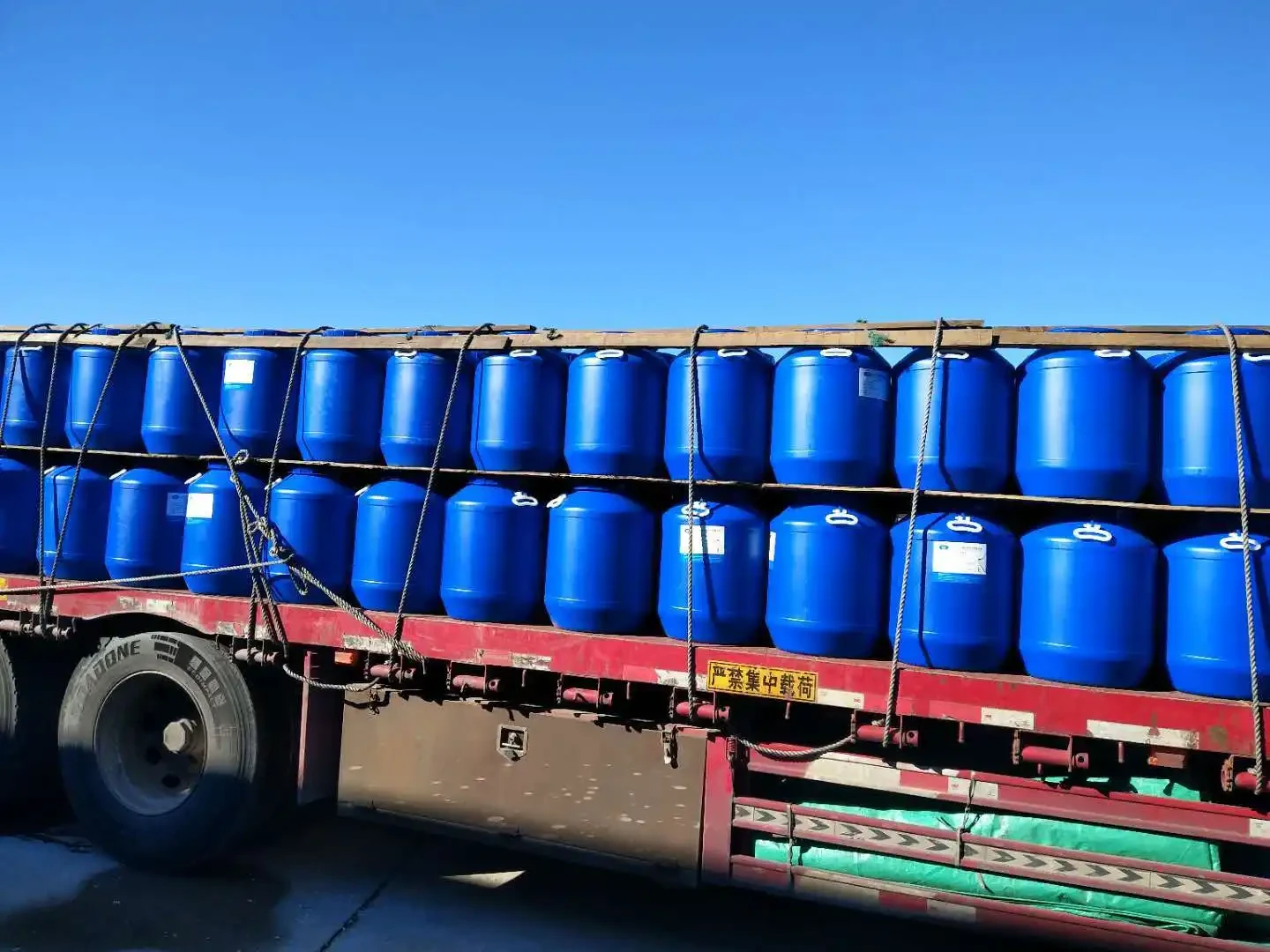The Importance of Drinking Water Purification Chemicals
Access to clean and safe drinking water is a fundamental human right, yet millions of people worldwide still lack this basic necessity. Water purification chemicals play a vital role in ensuring that the water we consume is free from contaminants and safe for human health. As populations grow and industrial activities increase, the need for effective water treatment solutions is more critical than ever.
Water purification chemicals can be categorized into several types, including coagulants, disinfectants, flocculants, and adsorbents. Each of these serves a unique purpose in the water treatment process. Coagulants, such as aluminum sulfate (alum) and ferric chloride, are used to remove suspended particles and impurities from water. These chemicals cause particles to clump together, forming larger aggregates, which can then be easily filtered out.
The Importance of Drinking Water Purification Chemicals
Flocculants, like polyacrylamide, assist in the coagulation process by promoting the agglomeration of particles. This results in the formation of larger flocs that settle more easily during sedimentation. This stage is critical in the water treatment process, as it aids in the removal of larger contaminants before the water undergoes further purification.
drinking water purifying chemicals

Adsorbents, such as activated carbon, play a significant role in removing organic compounds, chlorine, and other undesirable substances from water. Activated carbon is particularly effective in improving the taste and odor of drinking water, making it more palatable for consumers. Moreover, it serves to reduce levels of volatile organic compounds (VOCs) and other pollutants that may leach into water supplies from industrial operations.
In recent years, advancements in water purification technology have led to the development of more effective chemicals and methodologies. For instance, the introduction of biodegradable flocculants and safer disinfectants reflects a growing awareness of the environmental impacts associated with conventional chemicals. The focus is shifting towards sustainable practices that ensure both effective purification and minimal ecological footprint.
Using water purification chemicals is not without challenges. Over-reliance on chemical treatments can lead to the deterioration of natural ecosystems if not managed properly. Additionally, the cost of these chemicals can be a barrier for many communities, particularly in developing regions where access to safe drinking water is already limited. Therefore, it is essential to explore alternative purification methods, such as solar disinfection or biofiltration, which utilize natural processes to improve water quality.
Public education on the importance of water purification and the role of chemicals in this process is critical. Communities must be made aware of the potential risks associated with untreated water and the benefits of using appropriate purification technologies. Furthermore, investment in infrastructure and training for local water treatment personnel can enhance the effectiveness of purification efforts.
In conclusion, drinking water purifying chemicals are indispensable in the quest for safe and clean drinking water. While they present certain challenges, the ongoing advancements in technology and sustainable practices signal a positive trend towards improving global water quality. Ensuring access to clean water is not just about treatment; it is about fostering a healthier and more equitable world for future generations.

